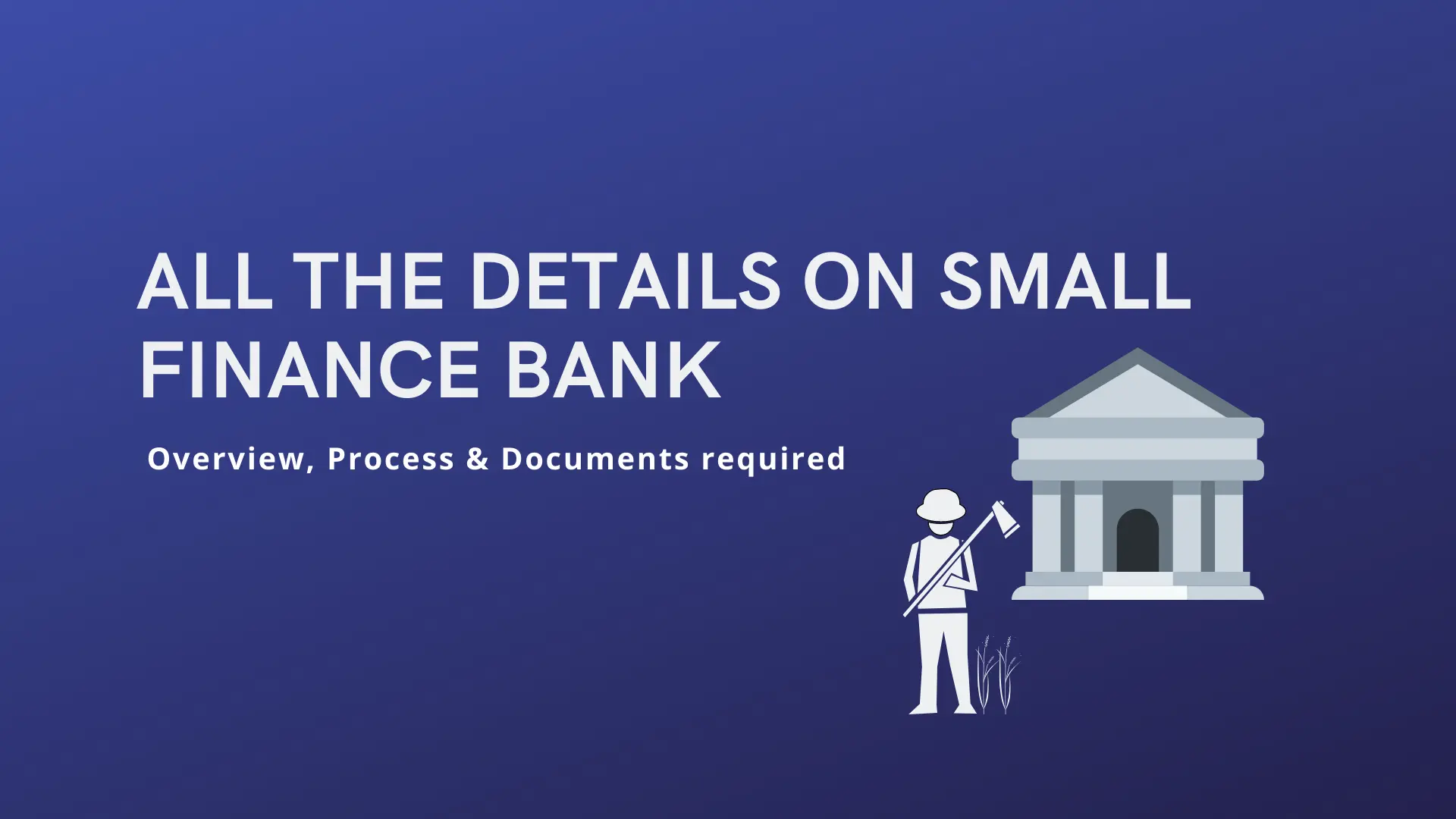

How to Conduct Your Own PPC Audit in 6 Easy Steps
Conduct your PPC campaign in Easy Steps
Any idea how your PPC account is performing? No? Well in 5 minutes you’ll know exactly the steps to take to make sure your PPC campaigns are profitable for your business.
1. Review Past and Present Performance
You can’t know where you’re going if you don’t know where you’ve been. Conducting a solid PPC audit requires reviewing past and present performance, and we suggest you look at a minimum of 3 months worth of data before you begin. Looking at this data alone can show you where changes may be necessary. Once you are familiar with this data you can create a benchmark for the future performance of your account.
2. Review Your Goals
Take some time to step back and review:
- What is the goal of your PPC campaign?
- Are you focused on offering products, services, or both?
- What kind of conversions are you seeking? Do you want visitors to subscribe to a newsletter, fill out a form, purchase a product, etc.?
It may seem obvious, but if you haven’t asked yourself these questions recently, it’s time for a review. You can’t possibly have a successful PPC campaign if you haven’t defined what “success” you are looking for in terms of goals, objectives, and specific metrics.
3. Examine Your Budget
Look at the competition, average cost-per-click, and ad position for your chosen keywords, and select a budget that seems appropriate. Different industries have different levels of competition for the industry-standard keywords (check out these top 20 most expensive keywords). Also examine your cost-per-click, CTR, and conversion rates, as these factors all will affect a budget.
4. Analyse Your Current Campaigns
Carefully examine your campaigns, ensuring you have a variety of keywords segmented into many different ad groups. Remember, one campaign alwa needs multiple ad groups. More ad groups mean more specificity, and specificity is a key to a great AdWords campaign. Do your ad groups have more than one ad showing for A/B testing? Well they should. Are your ad groups as tightly constructed into niches as they can be? Pushing all your data into a compatible visualization tool like Power BI can really help you see areas for improvement that you wouldn’t otherwise in the raw data, and can go a long way to helping your business.
5. Ad Copy and Landing Page Adjustments
Develop your ad copy by creating compelling and unique calls to action. Ensure that your copy stays closely relevant with your target keywords and test a variety of different ads to see which ones work best.
Once users click your ads, make sure you are sending them to relevant landing pages. Above all, you want to give users what they are looking for—don’t make them dig around for what you promised in your advertisement. If I clicked on an ad for light-up sneakers, you can bet I’ll want to see those flashy shoes front and centre! Ads irrelevant for what someone is looking for will turn into a bounce, which is money you just wasted, misinforming a visitor who was looking for something specific.
Send visitors to well-constructed, tailored landing pages that are relevant to the ads they clicked. Don’t just dump them on the homepage. If your site needs serious construction, review the basics of information architecture.
6. Continue Testing!
The folks who are the most successful with their PPC campaigns are the ones who are constantly testing and improving their campaigns. Your AdWords account will never improve if you leave it on auto-pilot.
If you are feeling lazy and don’t want to do this work yourself, check out WordStream’s new free tool, the AdWords Performance Grader. It serves as a mini PPC audit, grading your campaign on key metrics such as CTR, Quality Score, Landing Page Optimization, and Ad Text Optimization, as well as other PPC best practices. The tool compares your performance to other advertisers in similar budget brackets so you get an idea of how you measure up to your competitors. It also points out where your campaign needs improvement and offers actionable tips for improvement.
You’d never set a camper car to cruise control and then go make a sandwich, and the same applies to your PPC campaign—it requires constant attention. You can take a minute to jam to a great Queen tune, or relax to some NPR easy listening for a bit, but if you just set and abandon your PPC steering wheel, you’ll never get where you want to go!







.jpg?mode=crop&crop=faces&ar=1%3A1&format=auto&w=1920&q=75)